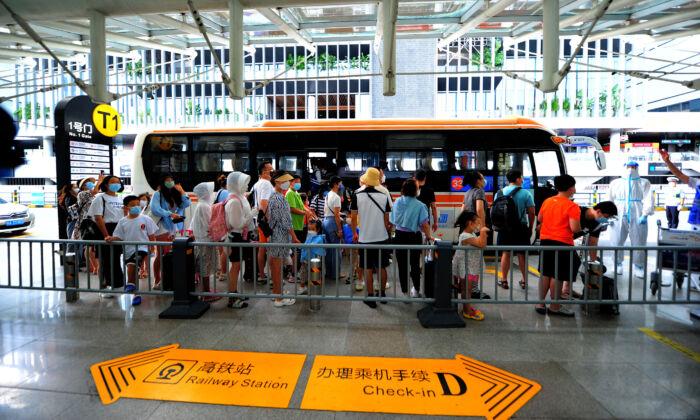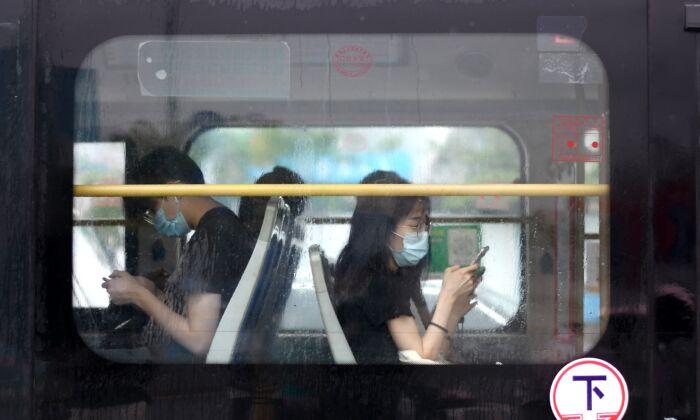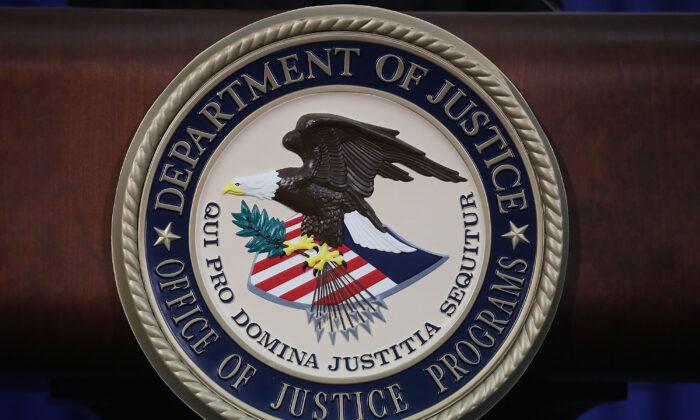The Chinese regime plans to fully roll out its corporate social credit system in 2020, whereby all firms operating in China will be assigned a score based on government-determined parameters of “good” behavior.
All Hong Kong and Macau companies that have operations in mainland China will also be ranked.
Plan
The Chinese Communist Party announced its plans for a nationwide social credit system in 2014, where it described its criteria for “right” and “wrong” behaviors for individuals and companies.Individuals who engage in “untrustworthy” behavior, such as jaywalking or littering, get points docked. Those with low scores are banned from taking public transportation, booking hotels, and other restrictions.
Report
The European Union Chamber of Commerce in China released a study on Aug. 28, based on the Chinese regime’s policy documents on the social credit system. It was conducted together with Sinolytics, a Berlin-based consultancy specializing in Chinese technology.Authorities have begun collecting data on companies, but corporate sanctions based on the social credit system won’t be implemented until 2020.
Consequences
The report explained three major implications for companies operating in China.First, “compliance challenges” would force companies to comply with Chinese market regulations, or risk an impact to their credit score.
Second is “strategic challenges,” such as having to choose the right partners and suppliers with good credit scores. A company that partners with a bad-score firm could risk impacting its own score.
Penalties
The report concluded that if a corporation’s credit score is low, the penalties would likely expand beyond penalty fines or court orders.The study collected more than 50 Memoranda of Understanding (MoU) that were signed between different Chinese government agencies, including ministries, local governments, industrial regulatory commissions, and banks, which detailed how authorities determined restrictions for companies with low credit scores.
Based on those MoUs, it’s likely that companies would face sanctions such as “higher inspection rates and targeted audits, restricted issuance of government approvals (e.g. land-use rights and investment permits), exclusion from preferential policies (e.g. subsidies and tax rebates), restrictions from public procurement, as well as public blaming and shaming,” according to the report.
If a company is placed on the authorities’ blacklist, “a comprehensive list of joint sanctions applies,” according to the report.





